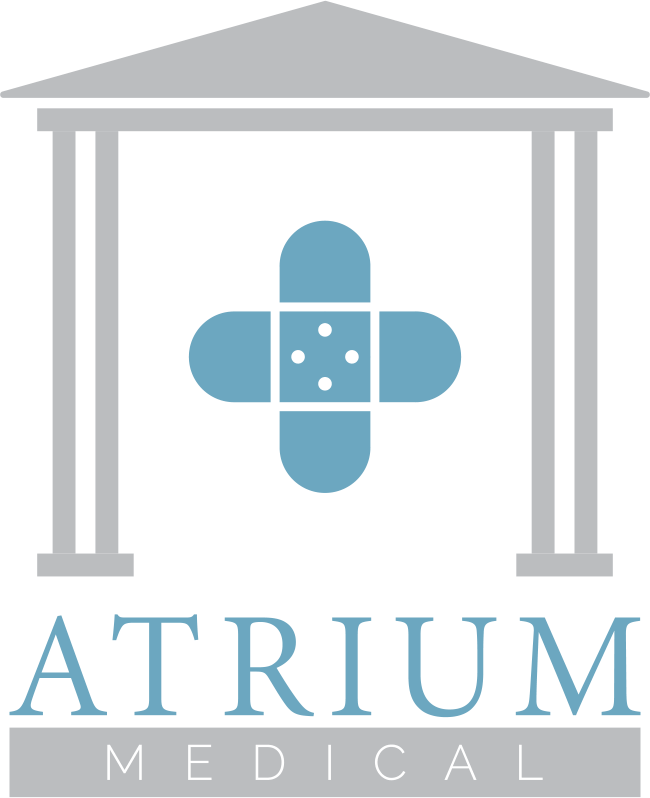Covid Vaccine

On Friday, Dec. 11, the United States Food and Drug Administration officially approved use of the Pfizer/BioNTech COVID-19 vaccine. Here is a primer on what you need to know.
How effective is the vaccine?
According to clinical trial results, the Pfizer/BioNTech COVID-19 vaccine is 95 percent effective at preventing COVID-19.
What is in the vaccine, and how does it work?
The active ingredient in the vaccine is messenger RNA that carries instructions for making the virus’s spike protein. The spike protein is recognized by the body’s immune system to develop protection from infection. The mRNA is synthetic, not extracted from actual viruses, and it does not enter or interact with the body’s own DNA. Vaccines help develop immunity by imitating an infection. A person cannot get COVID-19 from the vaccine.
How many doses will be needed?
The Pfizer/BioNTech COVID-19 vaccine requires two separate shots separated by 21 days.
Is the vaccine safe?
According to the U.S. FDA, there were no safety concerns identified in the 43,448 participants in the trial and no enhanced disease in the recipients.
The CDC recommends that people who have experienced severe reactions to prior vaccines or injectable drugs can still get the Pfizer/BioNTech vaccine for COVID-19, but should discuss the risks with their doctors and be monitored for 30 minutes after administration.
How long does it take to build immunity after getting the vaccine?
It typically takes a few weeks for the body to build immunity after vaccination. That means it is possible a person could be infected with the virus that causes COVID-19 just before or just after vaccination and get sick. This is because the vaccine has not had enough time to provide protection. For this reason, and because herd immunity requires 75% of the population to be covid-resistant, mask wearing should continue for a few weeks until after you get your second dose.
Are there any side effects to the vaccine?
The immune response to vaccination can lead to sore arm, fatigue and headache in some, especially after the second dose. Symptoms usually resolve on their own in 24 hours.
When will I get my shot?
Since doses are currently limited, the first priority is being given to folks who are most vulnerable (e.g. nursing home residents) or most exposed (e.g. frontline and ER medical workers). Call or email our office to know when you are eligible to get yours.
For more information, click on this vaccine guide.




